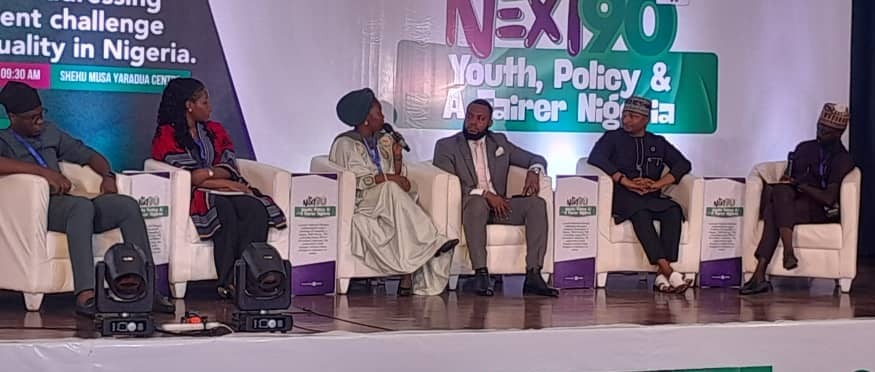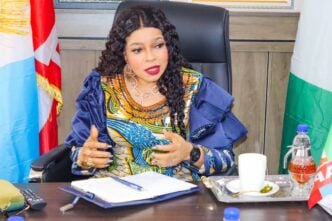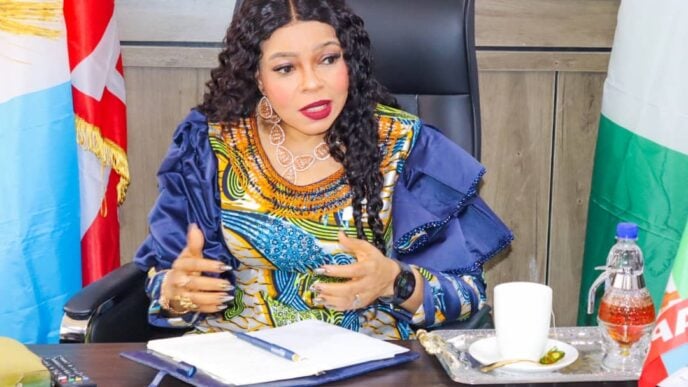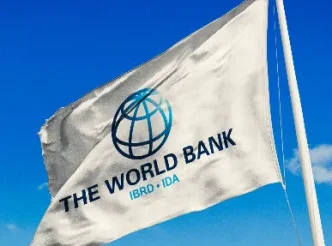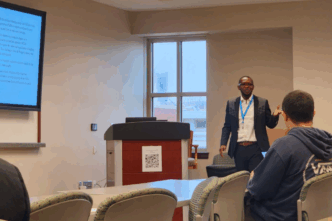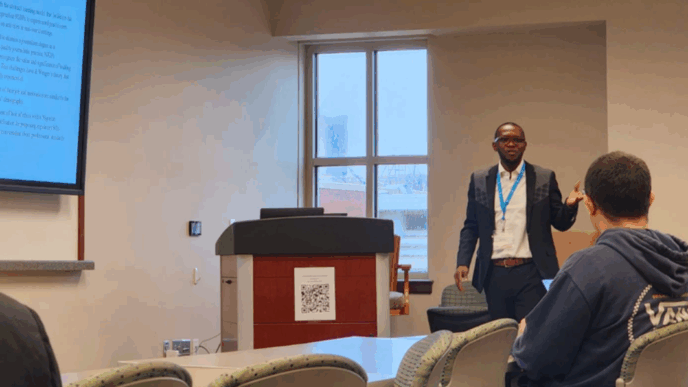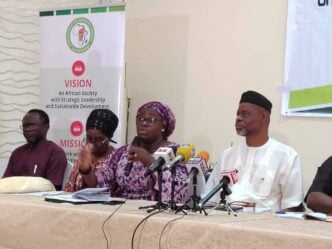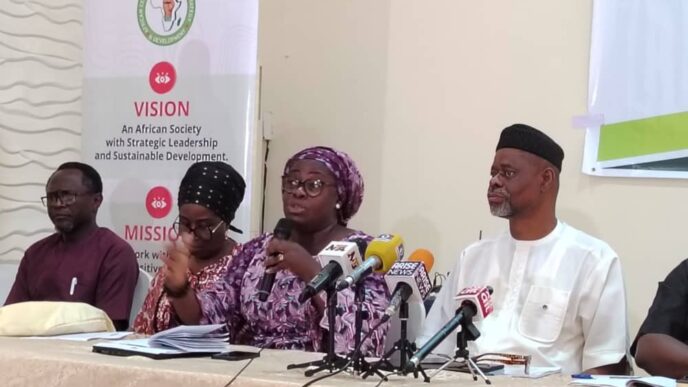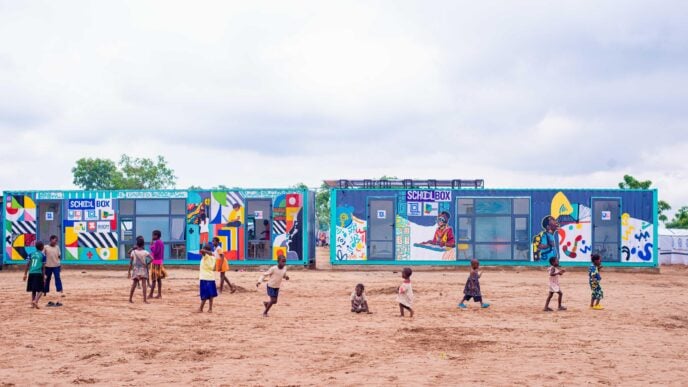John Makina, country director of Oxfam in Nigeria, says inequality has continued to favour a privileged few while keeping the majority in poverty.
Makina spoke in Abuja on Thursday at a dialogue themed ‘The Next 90%: Youth, Policy & A Fairer Nigeria’, which brought together representatives from the senate, ministries, embassies, international organisations, and civil society groups.
He said inequality is reflected in the exclusion of young Nigerians from political leadership, noting that there is currently no one under 35 in the federal cabinet.
“The reality is that the top 10 percent controls an overwhelming 90 percent of our country’s resources, and over 83 million Nigerians are left to live on less than N3,100 ($2) a day,” Makina said.
Advertisement
“This means not having enough money for good schools, healthcare and other basic amenities. It means that more than two-thirds of teenage girls in northern Nigeria cannot read or write.
“It means that women who work hard in our farmlands own only 13 percent of the land. This is the reality that holds our country back.
“Including young people in government is a strategic choice for our nation’s future, our economy, and our peace. By giving young people a seat at the table, we can tap into their immense potential and build a stronger and more innovative country for everyone.
Advertisement
“Inequality in Nigeria is not a natural phenomenon but a consequence of deliberate actions and inactions by policymakers and vested interests.”
Makina also revealed the marginalisation of women, citing that only 4.2 percent of elected officials in the national assembly are female.
He noted that although women dominate rural agriculture, they own just 13 percent of Nigeria’s farmland, adding that female literacy is at 35 percent, compared to 59.5 percent for men.
“In 2024, Nigeria lost approximately over N5 trillion due to tax incentives granted to large corporations, which represents 18.5 percent of the federal government’s budget for that year,” he said.
Advertisement
“We must advocate for a new era of public action, including strengthening public services, regulating corporations, breaking up monopolies, and implementing wealth and excess profit taxes.
“To address the challenges faced by Nigerian youths, we need progressive labour policies that promote decent work and fair pay, including increasing the minimum wage at the national level to match the rising cost of living.
“This is crucial, as 65 percent of Nigeria’s workforce operates in the informal economy, and formalising these businesses can provide them with better access to credit, training, and social protection.
“Additionally, reducing vulnerable employment, which affects 55 percent of Nigerian youths, is vital. This can be achieved by encouraging small and medium-sized businesses to thrive through simplified registration processes, tax incentives, training, and credit support.
Advertisement
“We must break up monopolies that stifle competition, job creation, and innovation to promote economic growth and reduce poverty, ultimately creating well-paying jobs for Nigerian youths.”
Advertisement
